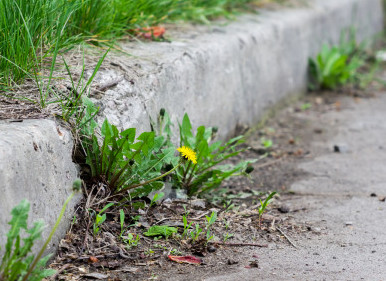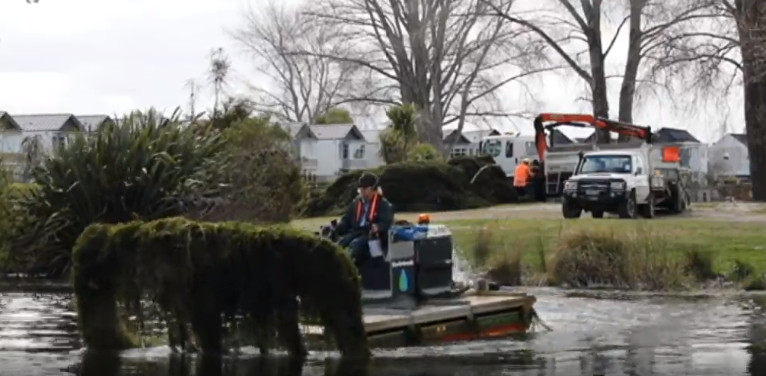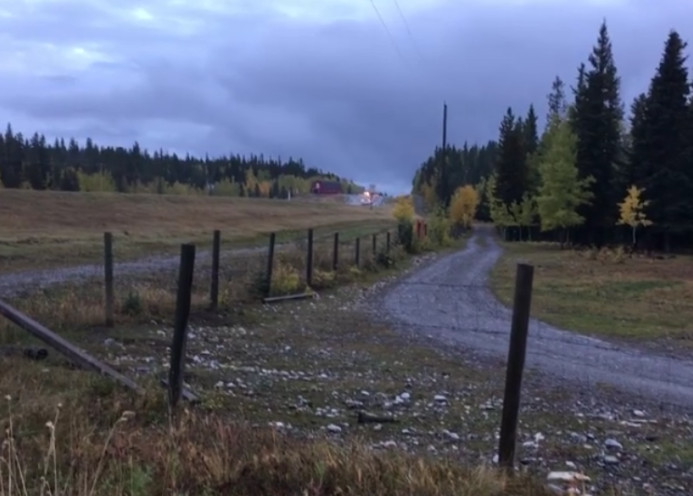Highlights
- Weed lists and species-based control dominate Australian weed management.
- Such control has produced minimal outcomes for Aboriginal land managers.
- Aboriginal Australians consider invasive alien plants through geographies of ‘healthy country’.
- Such understandings overlap with recent critical interventions in invasive alien species discourse and management.
- Management based on healthy country presents opportunities for new approaches to weed control.
Abstract
The Australian Government’s funding of land management by Aboriginal communities aims to enable them to manage natural and cultural resources according to their values and aspirations. But this approach is countered in the case of weed management, where the emphasis is on killing plants that are identified on invasive alien species lists prepared by government agencies. Based on field research with Bardi-Jawi, Bunuba, Ngurrara, Nyikina Mangala and Wunggurr land managers in the Kimberley region of Western Australia, we observed that 27 of 35 weed control projects followed the government agency weed lists for species-led control. Of these 27 projects, only two were considered successful in meeting Aboriginal cultural aspirations. In most of the other cases, the list-based approach generated frustration among Aboriginal rangers who felt they were engaged in purposeless killing. In contrast, we found that elders and rangers preferred site-based approaches that considered landscape and vegetation management from their culturally specific and highly contextual geographies of ‘healthy country’. We outline instances where ranger groups have adopted site-based management that has been informed by geographies of the healthy country and argue that such an approach offers a better alternative to current list-based weed control and produces positive outcomes for Aboriginal communities.
Credit: www.sciencedirect.com













